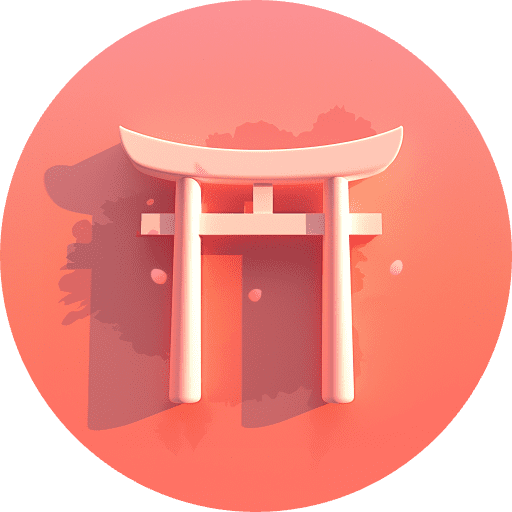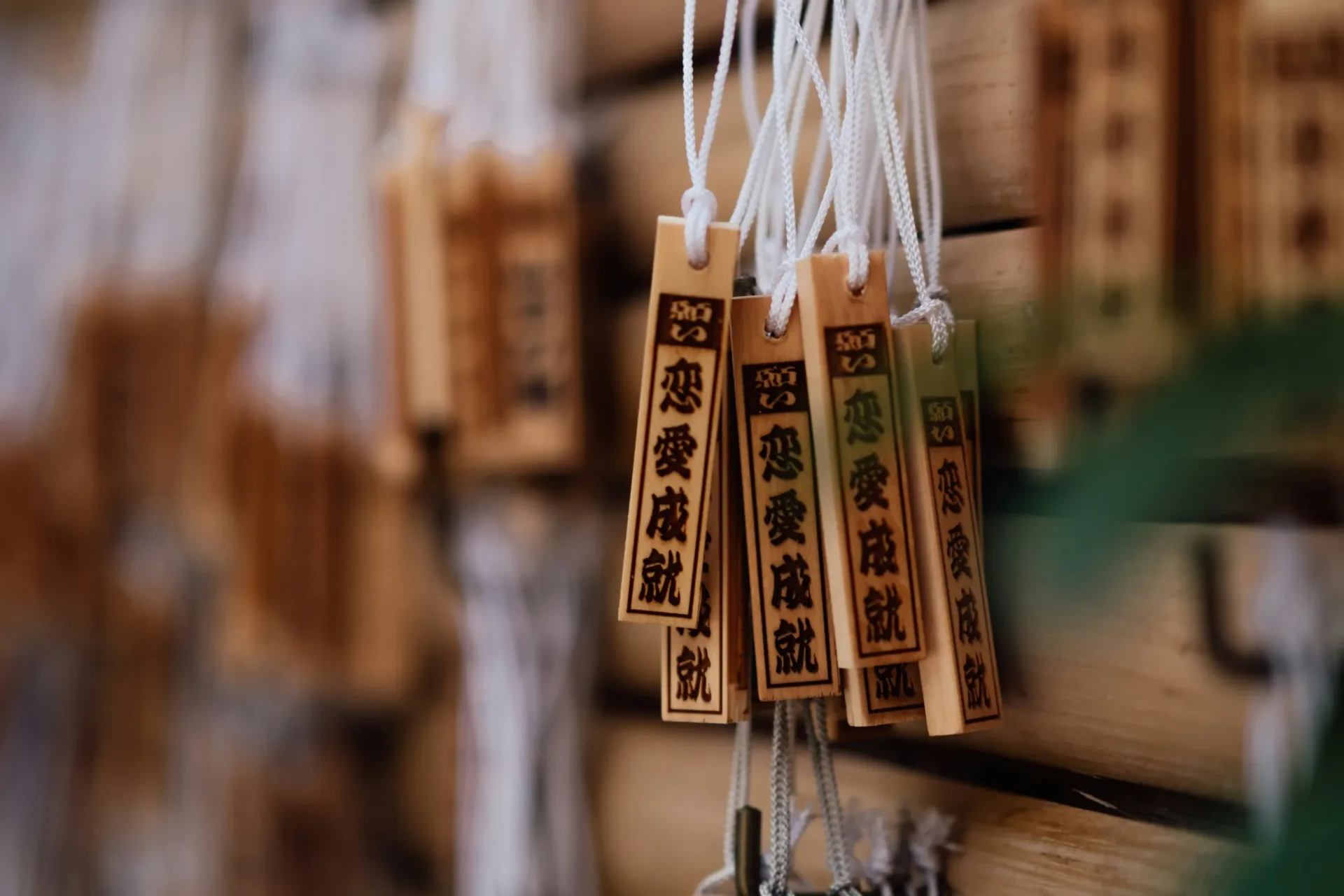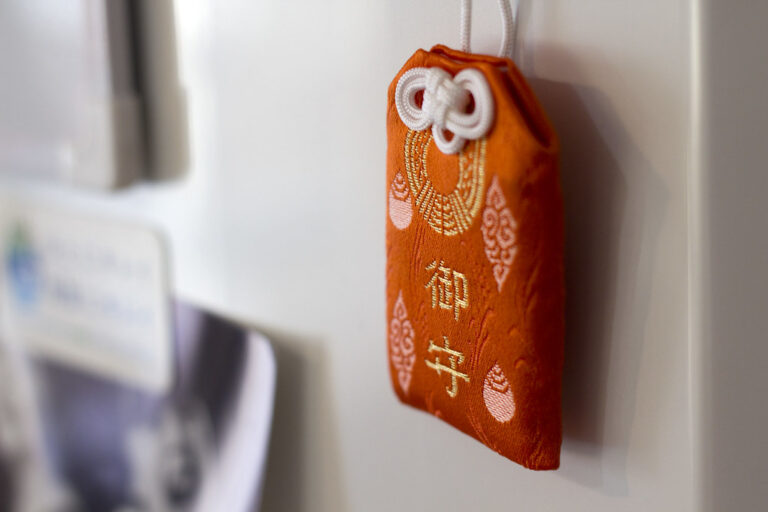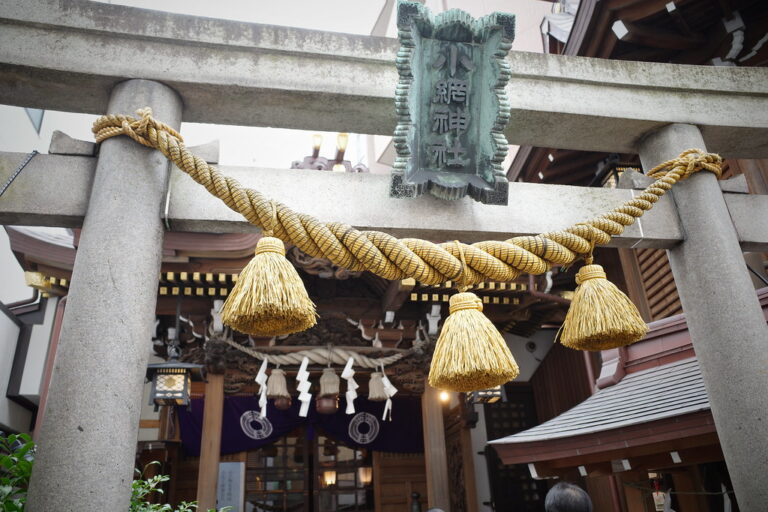You will be blessed with many good connections, such as heart-tying, match-making, and happiness.
Tokyo Daijingu, often referred to as ‘O-Ise-sama in Tokyo,’ mirrors the sacred Ise Grand Shrine in its divine offerings. Built as the Yohaiden of Ise Grand Shrine, it houses deities that govern creation and human connections. Celebrated as the first shrine in Japan to conduct Shinto weddings, it has become a pivotal locale for those seeking divine help in matchmaking, marital bliss, and family prosperity. The shrine also draws individuals hoping to enhance their academic pursuits and ensure safe travels.
Historical Background
The faith of Shinto, deeply rooted in Japanese culture, sees the worship of kami, or deities, encapsulating the spirits of nature and ancestors. Tokyo Daijingu’s foundation dates back to the Meiji Era, born out of a desire to bring the spiritual essence of the far-reaching Ise Jingu closer to the residents of Tokyo. Surviving many challenges, including the devastation of the Kanto Earthquake and World War II, the shrine stands as a testament to the resilience and enduring faith of its followers.
Cultural Significance
As a central figure in community and spiritual life, Tokyo Daijingu not only supports traditional Japanese ceremonies but also modern-day practices, particularly Shinto weddings, which have gained widespread popularity across Japan. Its role extends beyond spiritual sustenance, contributing to the preservation and celebration of Japanese traditions and community values.
Deities Enshrined
- Amaterasu-Sume-Ohkami: Ancestral deity of the Imperial Family, representing the sun and the universe’s vitality.
- Toyouke-no-Ohkami: Guardian of sustenance, covering agriculture, industry, and well-being.
- Ameno-Minakanushi-no-kami, Takamimusubi-no-kami, Kamimusubi-no-kami: Deities of creation and growth, fostering life’s flourishing aspects.
- Yamatohime-no-mikoto: The spiritual founder and guide of the Inner Shrine at Ise.
Unique Offerings and Festivals
Tokyo Daijingu is renowned for its Omamori (charms) such as the Suzuran charm, symbolizing pure love, and the happy love charm, a key-shaped amulet promoting mutual affection and commitment. The shrine’s annual calendar is marked by festivals that celebrate the deities’ virtues and foster community engagement, drawing visitors from all over Japan and the world.
Famous for Blessings
- Marriage and Matchmaking: The shrine is a spiritual hotspot for those seeking life partners and marital harmony.
- Academic Success: Students visit to receive blessings for educational achievements and exam success.
- Traffic Safety: Travelers seek protection for their journeys.
- Prosperity: Business people and professionals come to enhance their careers and financial success
Information
| Address | 2-4-1 Fujimi, Chiyoda-ku, Tokyo |
| Direction | 5 minutes walk from Iidabashi Station on the JR Chuo Line |
| TEL | 03-3262-3566 |
| Business Hours | 6:00-21:00 (gates closed) all year round, awarding from 8:00-19:00 |
| Regular Holiday | No holidays |
| Website | https://www.tokyodaijingu.or.jp/english/index_e.html |
| Main Blessing | Marriage and Relationships, Matchmaking, Traffic Safety, Academic Achievement, and Prosperity |




